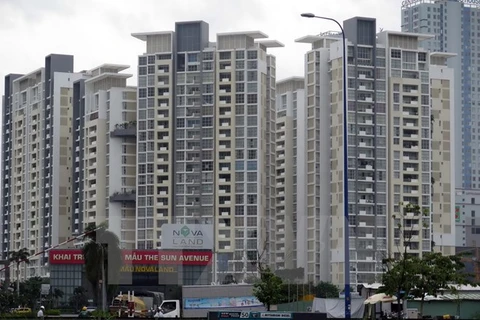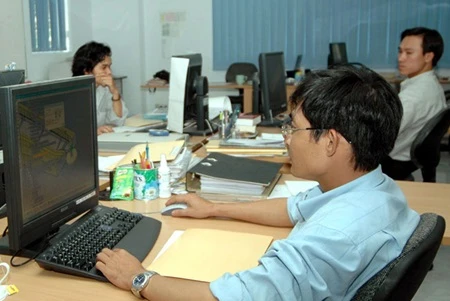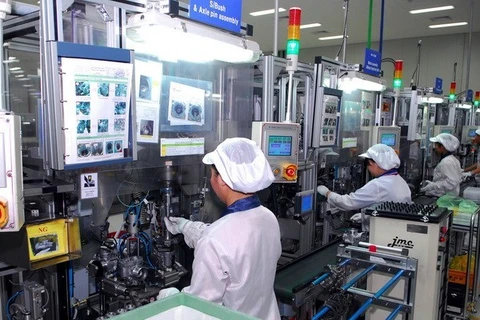HCM City (VNA) - Measures to improve the provincial competitiveness index’s (PCI) momentum in the southern metropolis of Ho Chi Minh City was discussed at a conference on January 15.
In 2015, the city ranked fourth nationwide in PCI, up 6 places compared to 2015, said Director of the municipal Department of Industry and Trade Pham Thanh Kien.
Kien said the city is attractive to investors due to its fairly good infrastructure, time-saving administrative procedures, and improved management modes.
Particularly, the city has the most abundant workforce in the country with 60 percent of population in working-age. Other costs, including labour, electricity and water, are two or three times lower than other cities in the region, he added.
The city is home to 250,000 domestic enterprises and 5,000 foreign invested businesses, and as many as 2,000 companies from 62 countries and territories worldwide, have established representative offices in the city.
The city’s annual growth velocity to 2020 is forecast at 7.5 percent per year, ranking fourth in the Asian region.
Kien said, in a bid to maintain and grow the city’s attractive investment climate to 2020, HCMC will actively promote high-tech, environmentally friendly and supporting industries.
The locality’s Industry and Trade sector targets to maintain an industrial manufacturing growth of 7 percent in 2016, while the rate of four key industries will be at least 7.2 percent. Total export turnover excluding crude oil is expected to grow 8 percent against 2015.-VNA
























